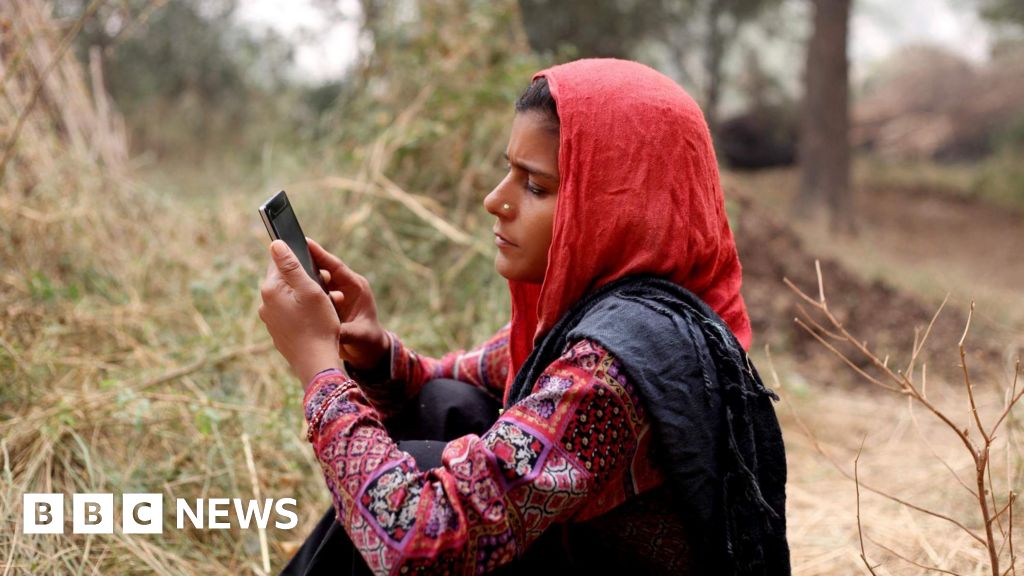Place your adverts here on InfoDig @ low rates; banner ads, sponsored links and guest articles etc. Contact us
Athene Laws and Fathen Saliba, Experts at the International Monetary Fund (IMF) said on Monday that Nigeria and other economies in Sub-Saharan Africa urgently need to create jobs for their growing population.
The need for a quick response to this challenge is pressing across the region, especially in fragile and low-income countries, said the economist at the African Department of the IMF.
The experts, who submitted an analytical corner at the ongoing World Bank/IMF meetings in Washington DC, noted that three main challenges must be tackled to address job creation concerns in the region: transforming informality, addressing firm growth barriers, and accelerating structural transformation.
“Sub-saharan Africa hasn’t created enough jobs,” the experts echoed, highlighting the potential effects of a challenge at the heart of economic prosperity in the region.
Underemployment remains extremely high in the region, while the public sector provides the most stable jobs. However, it can’t provide enough job opportunities for sub-Saharan Africa’s growing population, the experts said.
In Nigeria, one of the top three biggest economies in Sub-saharan Africa, the unemployment rate stood at 5.3 percent in the first quarter of 2024, representing a third consecutive increase since the second quarter of 2023.
However, data from the statistics bureau said the underemployment rate fell from 12.3% in 2023Q3 to 10.6 % in 2024Q1, amid concerns over the cost of living.
In Ghana, where the high cost of living and illegal mining (galamsey) that has devastated local water bodies remain topical issues, unemployment has touched 14%
The pictures remain gloomy in many other economies across the region, amid uncertainty and widespread migration of young people to more prosperous regions.
The IMF noted on Monday that in most countries across sub- saharan Africa, formal jobs stood at 19 per cent; some informal jobs that pay well (upper tier informal jobs) are about 13 per cent; while lower-tier informal jobs represented 68 per cent.
Meanwhile, the economists at the IMF disclosed that only 5% use informal jobs as stepping stones to formal jobs. In the absence of job opportunities, young people take to crime and women face domestic challenges.
Breaking down barriers to private sector growth remains at the core of the challenge, the experts noted. In Angola, for instance, the experts said that one-third of formal jobs started unregistered.
Although firm creation rate is high across the region, firm growth remains constrained due to structural issues.
To address the challenges, economies across the region must look into transforming the structure of their economies to create jobs, through initiatives, such as improving old agricultural practices and shifting towards manufacturing.
While the transition is happening already, the experts said it is slower than what obtains in other regions and the countries across the region need to look at other options.
“There is no one route; the pathways differ across countries,” said Ms Saliba.
In its policy suggestion, the IMF urged countries across the region to “transform informality to formality”, by improving the structure of available jobs and providing better access to finance.
Earlier in the month, while speaking at the Hamburg Sustainability Conference, World Bank President Ajay Banga noted that job creation must be prioritized by governments across Africa.
“Creating jobs is mission critical… young people cannot have hope if they don’t get a job,” he said.
On Monday, as part of the effort to create jobs, the IMF economists noted that Sub-saharan African countries must address barriers to growth, develop local capital markets, prioritize crucial infrastructure such as electricity, and tackle corruption and red tapism.
“The international community has a vested interest in Africa’s success,” the experts said.
Tobi Adetunji is a Business Reporter with Techeconomy.
Contact: adetunji.tobi@techeconomy.ng

 4 hours ago
32
4 hours ago
32






)



)




 English (US) ·
English (US) ·